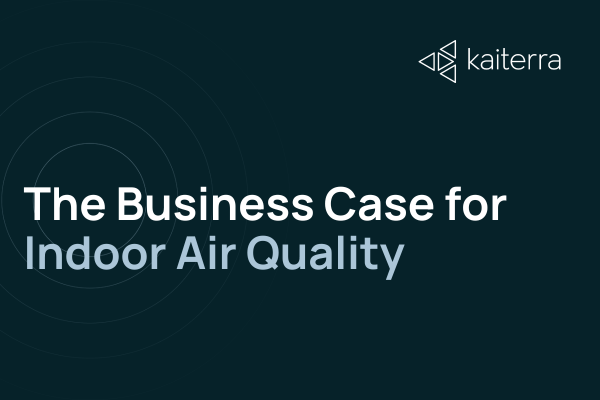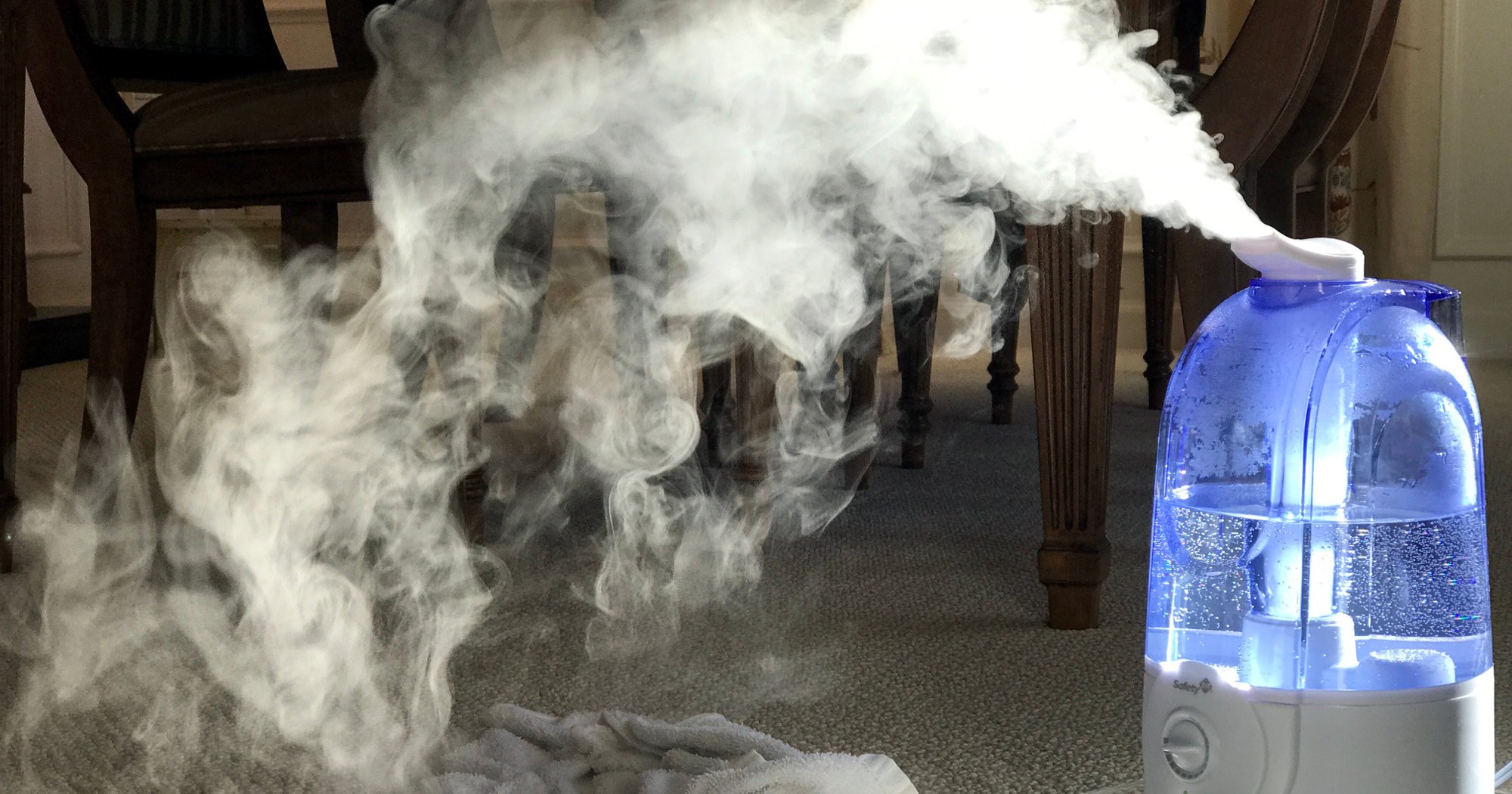Newsletter
We know that air purifiers and air monitors significantly reduce pollution and improve indoor air quality. Air monitors help identify the source of pollutants and air purifiers help in filtering pollution out of the air. If you’re in the market for an air purifier, you may have a few questions about which device will be the best one for you. Below we’ve outlined the 11 most frequently asked questions we get about air purifiers.
1. Do Air Purifiers Remove Odors?
An activated carbon filter is very effective at removing odors. They can eliminate smells from smoke, pets, food, garbage, and even baby diapers. Other types of filters, such as HEPA filters, are not as effective in removing odors as they are in eliminating pollution particles.
2) Will an Air Purifier Cure My Asthma or Allergies?
No. Air purifiers prevent asthma symptoms and allergies by filtering out airborne allergens like pollen, dust, and animal dander. However, they do not cure asthma and allergies. Purifiers are more of a preventive measure; not a cure.
3) What Is the Best Air Purifier for Someone With Asthma?
The best air purifier for someone with asthma is one with both a HEPA filter and an activated carbon filter. An air purifier with both filter types will remove particles and gaseous pollutants that can cause asthma.
4) Are There Side Effects to an Air Purifier?
Generally speaking, there are no side effects. However, there are a few purifiers on the market that use electrostatic precipitators and ionizers; these *may* emit small levels of ozone. Before buying an air purifier, make sure to check the product specifications.
5) How Much Does It Cost To Operate an Air Purifier?
It depends on a few things. For example, although electricity is a secondary cost associated with running an air purifier, the energy efficiencies of the device will impact how much it costs to operate. You’ll also need to buy new filters from time to time. If you invest in a high-quality HEPA filter, you will have to change it every 3-5 years. There are cheaper filters available, but they’ve been proven to be less effective and need to be replaced more often.
6) How Do I Know if My Air Purifier Is Working?
Allergies acting up? That could be a sign that your air purifier isn’t working at full speed.
Check the assembly for any dust or dirt in the pre-filter after cleaning it. If you don’t see anything obvious that could be causing a problem, that may be a sign that there’s a more significant issue with your air purifier. For a clearer understanding of its effectiveness, you may need an indoor air quality monitor.
The lifespan of an the filters varies, depending on where you live and the frequency of use. In reality, there is no “one size fits all” when it comes to knowing when to replace an air purifier. You need to regularly test your purifier to know if it's working.
7) Will an Air Purifier Protect My Entire House?
Sometimes. The packaging will tell you the maximum area (per square foot) that the air purifier can protect. Comparing this square footage to that of your home should help you better understand what’s needed.
8) Can I Open My Windows in a Room Where an Air Purifier Is Running?
In short, yes. Opening or closing a window doesn’t matter—an air purifier is going to purify the air regardless. That said, keeping the doors and windows closed will help your air purifier to maximize its effectiveness since external pollutants aren’t able to come in.
9) Where Should I Put My Air Purifier?
Place your air purifier in a room where you spend a lot of time, like your bedroom. Make sure that there is no obstruction in the airflow of the air purifier. There shouldn’t be anything placed in front that would obstruct the indoor air to pass through it.
10) How Often Should I Run My Air Purifier?
For larger spaces, you’ll need to run the purifier for more extended periods. Smaller rooms generally take less time to clean. We recommend that you run the purifier at regular intervals so that lingering pollutants don’t accumulate. To get the best results from your air purifier, consider pairing it with an IAQ monitor.
11) Do Air Purifiers Make Noise?
For any air purifier to be effective, it has to move the air. As such, there is no way to do this silently (despite what’s been advertised). However, with most air purifiers, there’s a noise level setting that can be adjusted based on preference.






.png?width=200&height=148&name=Menu%20C%20(2).png)

.png?width=307&height=228&name=Menu%20-%20D%20(1).png)
.png)




